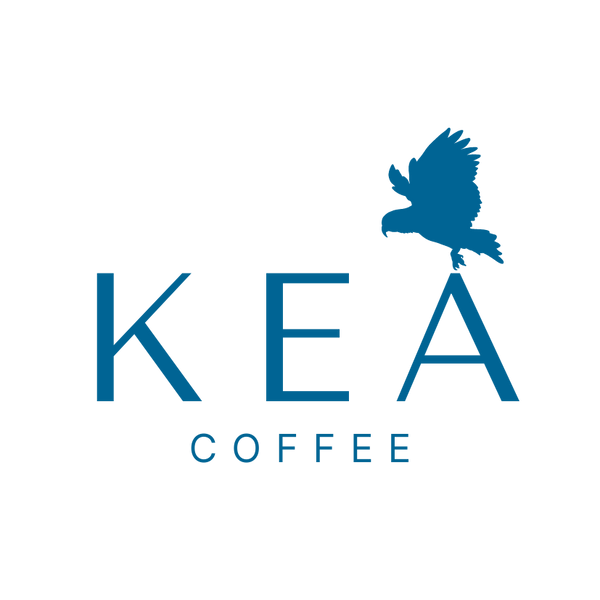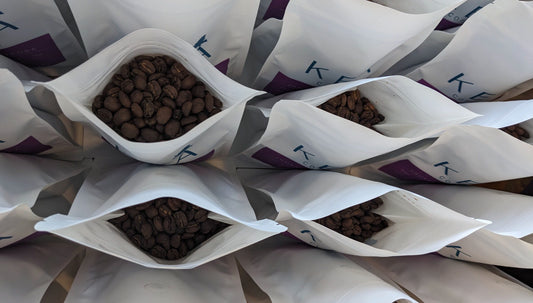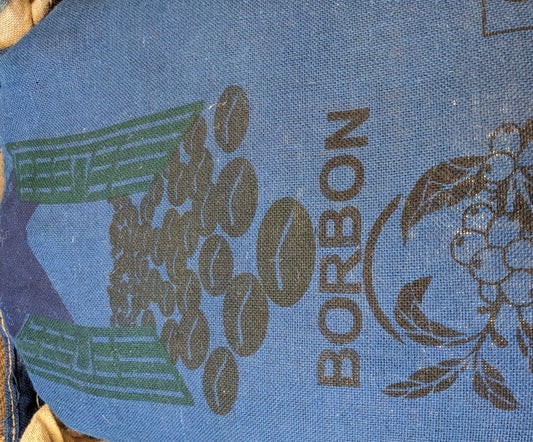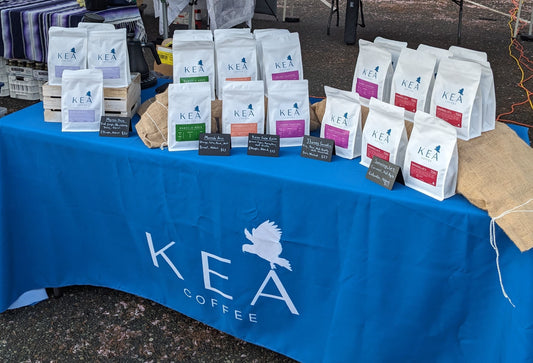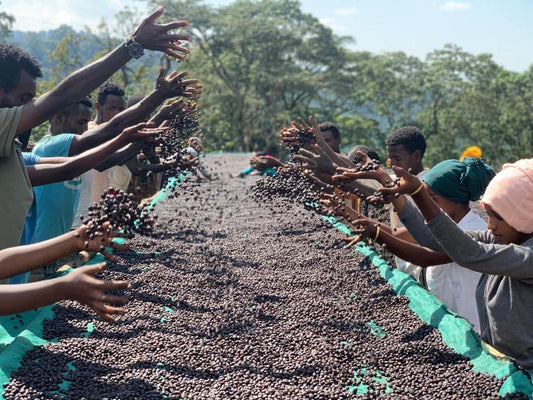Aeropress, V60, French Press, Kalita Wave, Pourover, Immersion.... there's a lot of ways to make great coffee.
Outside of espresso, we can bundle pretty much all of these options into 2 camps: Immersion and Filter.
Immersion Brewing Vs Filter Brewing - What's The Difference?
Immersion brewing is any brew method where the coffee grounds sit in the water and steep for a period of time and the water is prevented from exiting the brew.
The French Press and the Aeropress (one of our favourite brewers) are both examples of immersion brewing. As is coffee cupping.
Filter brewing or percolation brewing is any brew method where the water passes through a bed of coffee. The ground coffee beans and the paper filters allow the water to drain through throughout the entire brew process.
The V60 is a classic example of a filter brewer, but any pourover style device is also filter: Kalita Wave, Origami, Kono, Orea, April... you get the idea.
How Does The Brew Method Effect Taste? Can filter coffee taste different to immersion?
This will differ a little from brewer to brewer.
For example, even within the category of filter coffee brewers, there are a couple of distinct types of filter brewers (conical and flat bed) and those can both have different effects on the taste.
But as a general, high level overview, here's how you can think about the differences between filter and immersion brewing:
| Filter | Immersion | |
| Body | Lower | Higher |
| Acidity | Higher | Lower |
| Complexity | Higher clarity of flavours. Highlights complexity. | Less complex but more rounded and balanced cups. |
Another difference that's important to consider is extraction levels.
You'll generally get higher extraction with filter/pourover Vs immersion, as you are repeatedly adding in fresh water.
Fresh water extracts more solubles faster at first, and then slows down the higher that the TDS in the brew water gets. This is called the rule of diffusion.
Other Advantages and Disadvantages
Filter is harder to master
There's a lot of variables involved in pourover brewing.
The flow rate of your pours, the pre heating of your brewer and its thermal stability, the height and pattern of your pours.... changing any one of those things even slightly can have a noticeable difference on your brew.
Generally, pourover brewing takes a lot more practice and trial and error to really understand it and feel confident.
Bonus tip: If you're struggling to dial in your pourover game, check out these easy tips for brewing better pourovers.
Immersion is easier and quicker to learn
With immersion brew methods, you can "get to good" much quicker.
That's one of the many reasons why we love the Aeropress, but the same is true for any immersion brewer.
The initial learning curve just isn't as steep, and you'll be able to produce great tasting cups of coffee much faster.
Filter gives you more control
Filter brewing gives you more control once mastered, as it's easier to manipulate the recipe to dial certain aspects like sweetness and acidity up/down.
Once you've mastered a few go-to pourover recipes, you'll understand how and what to change in order to amplify different characteristics in the cup.
The most well known recipe and example of this is Tetsu Kasuya's 4:6 method, but any pourover recipe really can be tweaked to fine tune the cup profile further, and certainly way more so than immersion recipes can.
Filter brewing is less consistent
Consistency is very hard with filter brewing.
There's just a lot of variables involved in brewing, and many of them are much less measurable. Things like the flow rate of your pours, how high you pour from, the speed and motion you move the water stream with.
With these inputs, small differences can have a big impact.
This makes filter brewing very difficult to do with consistency.
Is Pourover / Filter Brewing Better Than Immersion?
That completely depends on what your coffee goals are, and what you like to drink.
If you like a big bold, full bodied cup then immersion is probably a better way to go for you.
If you like higher clarity and want to invest the time and effort into fine tuning your brewing routine, then filter / pourover brewing can give you some outstanding and nuanced cups.
There's no right or wrong way to do anything in coffee. It all depends on you and what you like to drink.
Does Roast Level Matter? Is Immersion or Filter Brewing Better for Light Roasts / Dark Roasts / Medium Roasts?
Not really, no.
You can brew darker roasts on a pourover brewer just the same as you can brew light roasts.
You might have to adjust your recipe slightly. Tighter ratios, slightly lower brew temps and a coarser grind size will all help to prevent or reduce bitterness in a darker roasted pourover. So definitely play with those. But there's no reason why you cant get equally enjoyable filter brews with darker roasts as you can with immersion.
Similarly, light roast coffees on immersion methods can be fantastic.
Again, as with pretty much everything in coffee, there's no real right or wrong. It's all down to personal preference.
So have fun and experiment.
Brew that light roast French Press or that dark roast V60. Play around and see what you can taste.
Ready to dive deeper?
Here's a fun experiment that we did a couple of months ago with our Layo Teraga - an awesomely sweet Ethiopian natural processed lot from the Guji Zone.
We brewed the same coffee 3 different ways, with 3 different brewers. Then we compared the cups side by side, to see what differences we could taste.
If you've got some extra beans kicking around and you want to put it to the test, give this a shot and see what you can taste. You could use a mixture of filter and immersion brewers like we did, or even just compare different types filter brewers side by side.
